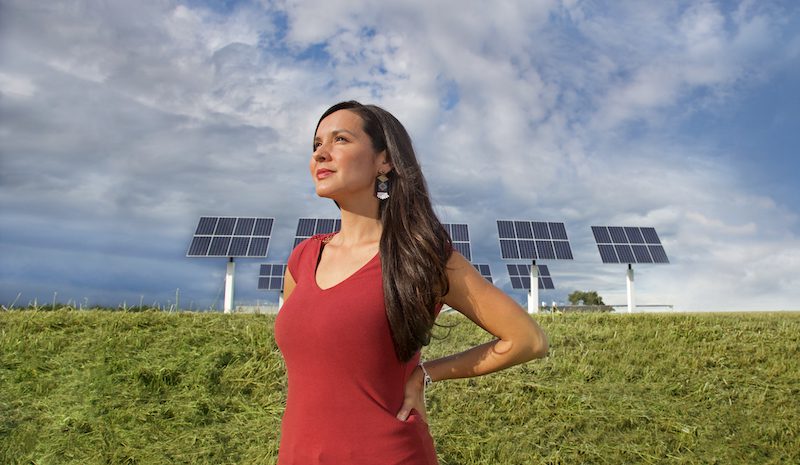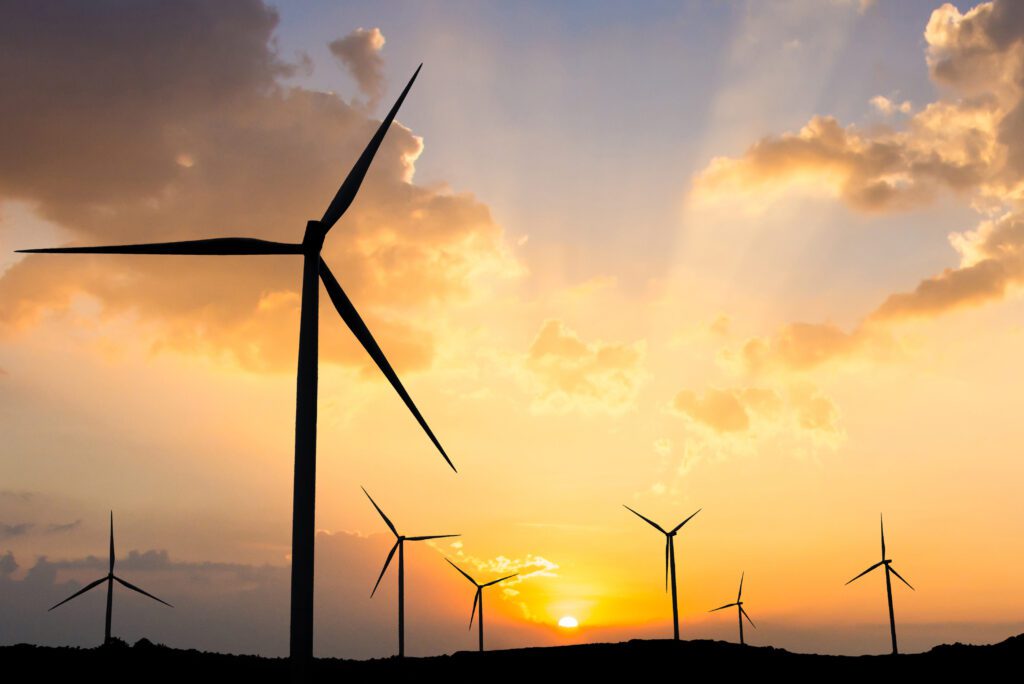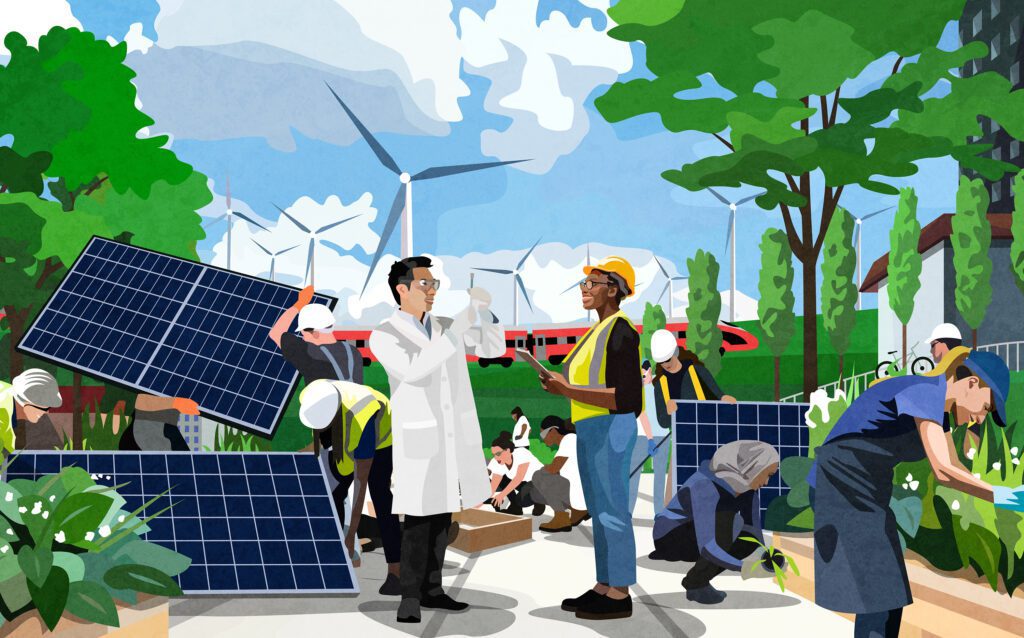This blog was co-authored by: Aliénor Rougeot, Julia Levin, and Julie Segal
Following a year of climate catastrophe, world leaders will gather in Dubai from November 30th to Dec 12th to continue the global effort to address the climate crisis. This important gathering, known as COP28 (which stands for the ‘Conference of the Parties’), is the 28th annual United Nations climate negotiations since the establishment of the United Nations Framework Convention on Climate Change in 1995. Ahead of this important moment, here are the key things you need to know.
Why is COP important?
COP is far from just a showy conference – it is an important forum that has created agreements and momentum which over the past three decades have measurably reduced the severity of climate change. Before the Paris Agreement was signed in 2015, the world was on track for a catastrophic four degrees of warming. Though we’re still not on track to meet the goals of the Paris Agreement, we’re moving in the right direction.
Let’s start with four quick reasons why COP is important
- Global equity: COP is the only forum where all countries have an equal seat at the table, including those who are most vulnerable to the impacts of the climate crisis. At COP, final decisions are reached through consensus, meaning that at least in theory Global South countries have a platform to negotiate as equals. (In practice, Global North countries still exert a lot of power and influence). This is critical. Countries in the Global South are the least responsible yet most impacted by the climate crisis. COP is the only forum where multiple funding mechanisms were created to transfer funding from wealthy countries like Canada and the United States to countries that need assistance either adapting to climate disasters or reducing their own emissions. COP is a time to take stock of whether rich countries have been contributing their share of support, and whether new or additional support is needed to respond to the evolving nature of the crisis.
- Global Collaboration on Climate action: We need global collaboration to address global problems. The most important outcomes from the COP process are binding treaties to increase climate ambition, like the Paris Agreement. Every year, negotiators at COP develop processes and tools which are used to ratchet up countries’ individual approaches to climate change. This includes developing funding mechanisms to shift government dollars towards climate action. Alongside the official negotiations, lots of countries use COP as a platform for bilateral or multilateral initiatives, like a global treaty to reduce methane emissions.
- Accountability: The process forces governments to report back on their progress against their “Nationally Determined Contributions”, which are their domestic plans to reduce emissions. At COP, everybody pays attention to which countries are leading or lagging. This can create pressure on polluting countries from civil society, the media, and through inter-country diplomacy and negotiations to speed up climate action. And that’s why we’re going to be there: to hold Canadian government representatives accountable!
- Global attention: COP is also a major moment where much of the world is focused on the issue of climate change. It’s an opportunity for impacted communities to share their stories on the world stage and for climate experts to help build awareness and public mobilization.
Who attends COP?
The primary attendees are representatives from national governments that signed on to the United Nations Framework Convention Climate Change – the UNFCCC. Catchy, right?
Each country sends a delegation that includes government officials as well as Ministers and their staff (known as the ‘negotiators’). They’re the only ones allowed to engage in formal negotiations.
But countries also bring representatives from outside the government to help shape the conversations. For the Government of Canada, this usually includes representatives from provincial governments, Indigenous nations and organizations, climate experts, labour, and voices from the business community. These people are allowed into some of the negotiations, but they don’t actually get a direct say.
Observers are also welcome at COP. This includes non-profit organizations and other civil society groups and activists, industry representatives, scientists, labour representatives, and Indigenous nations. Observers are key to the COP process because they provide expertise and insights that can inform negotiations and, very often, push governments further. For example, last year Environmental Defence worked with other Canadian climate groups to push Canada to strengthen its official position on fossil fuels in the negotiations. In the final hours, we helped encourage Canada to support the mention of a “phase down of fossil fuels” in the final text (which was regrettably blocked by other countries), and which will be Canada’s position again this year!
Unfortunately, fossil fuel lobbyists and other big polluters also have a strong presence at COP. Last year, 636 fossil fuel lobbyists were brought to COP as part of official country delegations. Canada was in the top ten worst countries. The conflict of interest is clear. Fossil fuel lobbyists aren’t coming to help push for more ambitious action. They’re goal is to protect their profits (aka business as usual) and they do so by derailing the negotiations and blocking progress. Each year the movement to Kick Big Polluters Out of climate negotiations grows.
What comes out of COP?
The ultimate goal of COP is to reach global agreements and commitments to combat climate change, like the famous Paris Agreement, which was adopted at COP21 in 2015. Under this Agreement, countries across the world committed to doing everything in their power to prevent temperature rise above 1.5 degrees (which is the temperature limit beyond which climate catastrophe becomes irreversible) all while supporting sustainable development in a way that eradicates global poverty. This is a tall order and one that we are still fighting for.
Other outcomes of COP include commitments from wealthy countries to help fund vulnerable countries dealing with the climate crisis, the signing of bilateral and multilateral agreements between countries, announcements for increased domestic climate action, and new collaborations between state and non-state actors.
Why is COP28 happening in Dubai?
The COP summit rotates through different regions, and this year it was Asia-Pacific’s turn. The country that hosts the summit also holds the pen on the final agreement’s text, and is responsible for securing unanimous approval of the text from all other countries. Given that every global country is a part of the UNFCCC, rotating the COP summit between regions is a way for the UN to help promote equity.
Only a handful of places per region have the necessary infrastructure like international airports, large conference centers, and accommodation and catering facilities to efficiently manage such a vast gathering. Countries from the year’s designated region can volunteer to host the summit based on their interest and infrastructure. Dubai therefore emerged as the chosen host for this year’s COP.
Now you’re up to speed on what COP is and why it matters. Stay tuned for another update soon on what we’re hoping to achieve at COP this year!







